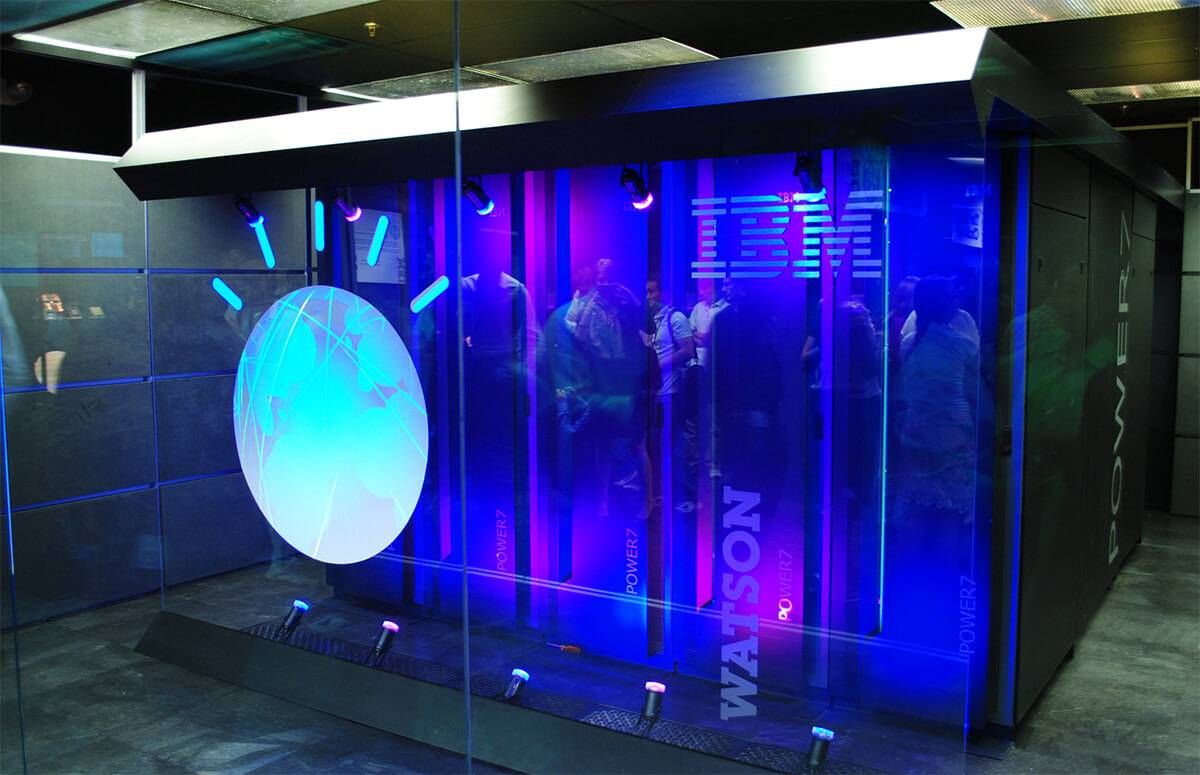Could a Computer Be Better Than Your Doctor?
Why tech leaders are banking on the likes of Watson in a big way
You’ve seen Watson on TV, bantering in ads this fall with the likes of Serena Williams and Bob Dylan, and winning Jeopardy! in 2011. Such a clever computer. But would you like to see him in your doctor’s office? IBM is betting billions that you will.

In a recent story about the company’s massive investment in its artificial intelligence business unit, aka Watson, The New York Times reported some startling facts about just how good Watson is at playing doctor: “At the University of North Carolina School of Medicine, Watson was tested on 1,000 cancer diagnoses made by human experts. In 99 percent of them, Watson recommended the same treatment as the oncologists.”
Well, maybe “playing” isn’t the right word. The Times noted that “in 30 percent of the cases, Watson also found a treatment option the human doctors missed.”
A Prescription for Success
That’s because Watson can read every single new research paper and every new clinical trial the second it hits the Internet.
“Watson’s core strength, dating back to the Jeopardy! competition, is its ability to read and interpret words, known as natural-language processing,” the Times reported. “Once trained, Watson can digest thousands of documents in minutes.”
That’s why IBM has staked its future on gobbling up medical data — “more than $4 billion buying a handful of companies with vast stores of medical data like billing records, patient histories, and X-ray and M.R.I. images,” according to the Times.
This is part of a bigger trend, getting patients quick, useful medical care and advice through technology. Last year, my Next Avenue colleague Richard Eisenberg wrote about the growing acceptance of telemedicine, or telehealth, among employers and consumers. It lets physicians diagnose patients over a computer screen or through text and email. “Health care is a late adopter of technology, but once it’s proven, it’s a permanent change,” Jon Linkous, president of the American Telemedicine Association, told Eisenberg at the time.
The Computer Is In
As more people become comfortable interacting with human doctors remotely via video call and text, it’s not hard to imagine the next step: replacing the doctor with a computer altogether.
Especially if that doctor is like Sherlock Holmes plus the original Dr. Watson plus Gregory House, M.D., all wrapped up into one mesmerizing omniscient black screen that gets the job done and saves lives.
A little lacking in bedside manner, perhaps. But none of those guys are exactly known for their charm either.

